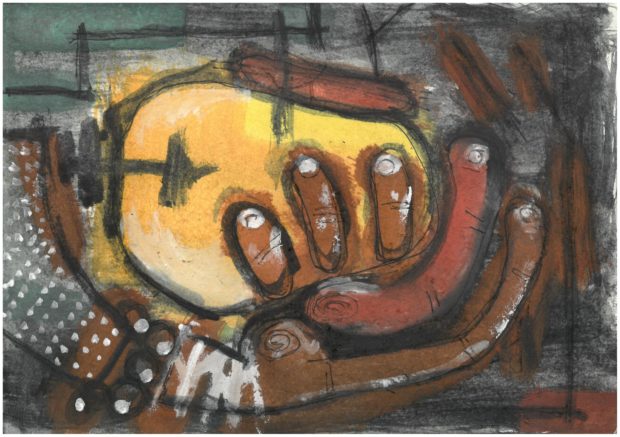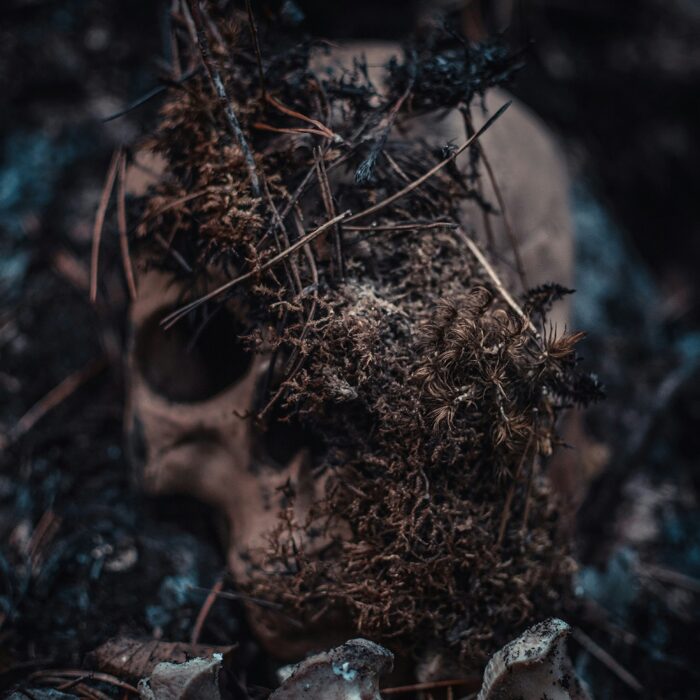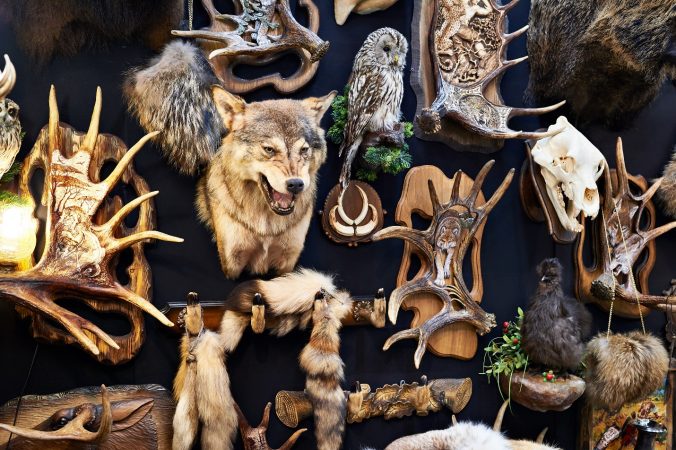You have no items in your cart. Want to get some nice things?
Go shopping
In the beginning…
… they were citizens of the bubble. Its colours the deep emerald of the forest, the blue mosaic where the ocean met the sky, the wisps of lilac clouds at dusk. They lived in the treetops and between the rocks. They covered their bodies in warm sand and counted the stars above. They woke up to mosquito bites, and birdsong, and the distant scent of possibility. The future abstract, yet palpable.
Then…
Postcodes at odds – treehouses are not forever homes. Oceans divide.
Passports at odds – the fortress guards itself against intruders.
Colours at odds – chromatism only in tones of skin: black, and white, and brown in between.
The future arrived and it was colourless, but pigmented.
Parenthesis
It’s really a ‘boy meets girl’ story. Except it’s not.
It’s a ‘black boy meets brown girl’ story. Except it’s not.
It’s an ‘african boy meets indian girl’ story. Except it’s not.
It’s a ‘latino boy meets european girl’ story. Except it’s not.
It’s a ‘middle-class love story.’ Except it’s not.
It’s really only just a love story. Except it’s not.
Hierarchies
Her father said: This is unacceptable. I have worked all my life to make it in this world. I am not racist: We just want the best for you.
Marry up, not down. A person of too much colour.
His father said: This is unacceptable. I am a leader in the black movement. I am not racist: It’s a matter of principle, of allegiance to our kind.
Not enough melanin. A person of too little colour.
African pride versus Indian assimilation. Brown complicity in black oppression.
Against white, there’s only overtones of melanin, undertones of perfection.
Blindness
Friends said: Your babies will be soooo beautiful! I wish I could have chocolate babies!
A delicious caramel macchiato of a couple.
Colleagues said: I had never even noticed we were different until you said it! I don’t see colour – you’re just like me!
Congratulations. You’ve reached the absence of colour.
Except colour is not just in the eye of the beholder. It has been wedged into the tissues and the bones and the heart and the mind and the soul of the holder.
Way below the skin, there’s black, and white, and brown in between.
Across the ocean
The emerald forest, and the deep blue ocean, and the birdsong over the treetops will forever be with us. We’re on the same page. We’re on the same side.
He shares: I was dared to jump in a pool to prove my hair could get wet.
She shares: I was told to go back where I come from – in the city I was born in.
He shares: I’ve ran from the police all my life.
She shares: I’m treated like a terrorist.
He shares: I’m treated like an animal.
We’re on the same side, we’re on the same page.
He says: You don’t understand. Caramel skin is exotic. Black skin is dirty.
She says: You don’t understand. My identity is denied in my own country.
He says: You don’t understand. You’ve never been afraid of the police.
She says: You don’t understand. You’ve never been strip searched at the airport.
He says: You just can’t understand. Your ancestors were not enslaved.
Racism does not end with your experience, she states.
You’re relativising my experience, he replies.
You’re minimising mine, she claims.
Nothing compares, he sighs.
They’ve got to us, they think. Are we not on the same side?

About Catia Dawood
Catia is a Portuguese writer with roots in India and Mozambique. Her stories aim to dismantle rigidity, shine light in the dark places and find beauty in the hurt. She is interested in exploring what connects and separates us from one another, through fiction but also travel, yoga and psychology. She has a background in languages and political science and works as a talent director in Berlin.




